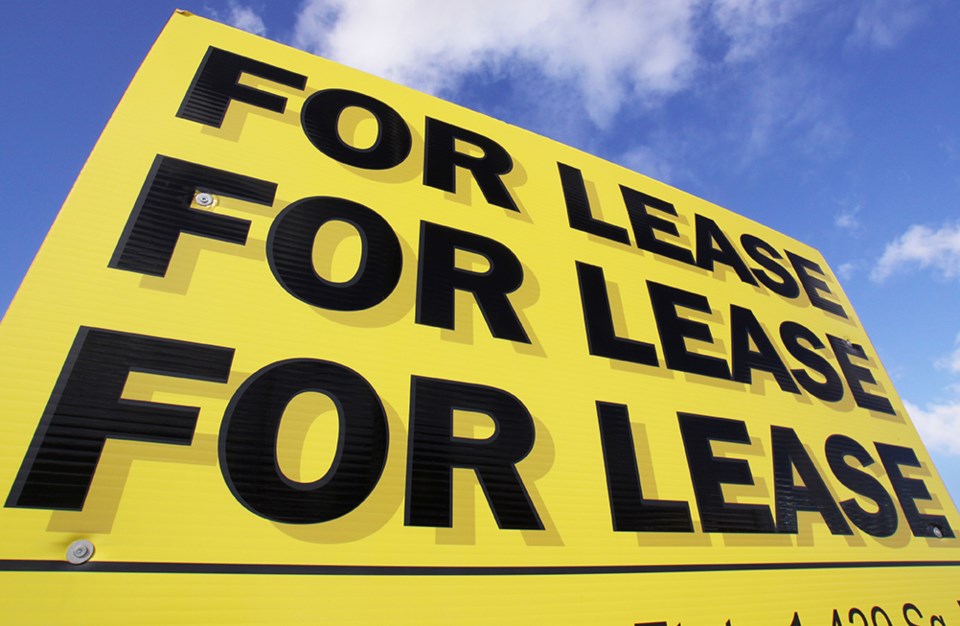Northern Virginia was responsible for almost 90 percent of the year-over-year 590,000-square-foot loss in occupied commercial office space statewide for the third quarter of the year, according to a new analysis from the Virginia Realtors trade group.
Northern Virginia recorded a net absorption of negative 527,025 square feet year over year for the quarter, following a positive year-over-year rate of 1.5 million for the second quarter.
Top-tier Class A office space generally was hit hardest, as prime tenants still appear to be focused on downsizing to accommodate post-COVID changes in workplace environments.
The good news? Average gross annual rent for office space in Northern Virginia inched up 41 cents to $33.51 per square foot year-over-year, although the third-quarter figure was down from the record pace of the second quarter.
Northern Virginia’s office-vacancy rate for the quarter stood at 16.5 percent overall, but hit 19.7 percent for Class A space. Statewide, the overall vacancy rate was 12.6 percent, with Lynchburg (3.9%) posting the lowest rate.
(Figures come from CoStar as analyzed by the Realtors group. For the full report, see the Website at https://bit.ly/3SbcMNS.)
All told, Northern Virginia had 234 million square feet of office space during the most recent quarter, up 1 percent from a year ago and representing 57 percent of the statewide total of 414 million.
Statewide for the quarter, average rental rates were up (68 cents) in all areas with the exception of Harrisonburg, which posted a slight decline.
The post-COVID workplace environment has caused the valuation of many prime office buildings to tumble across the local region, which is impacting tax revenue from local governments. If the situation continues, which seems likely, local governments will be forced to either shift more of the tax burden to homeowners, to cut services, or to try and do both at once.
Apparently hoping to blunt the reaction from homeowners, leaders across Northern Virginia already are sounding alarms and strongly hinting that tax bills may head higher in 2024 to address the situation.



